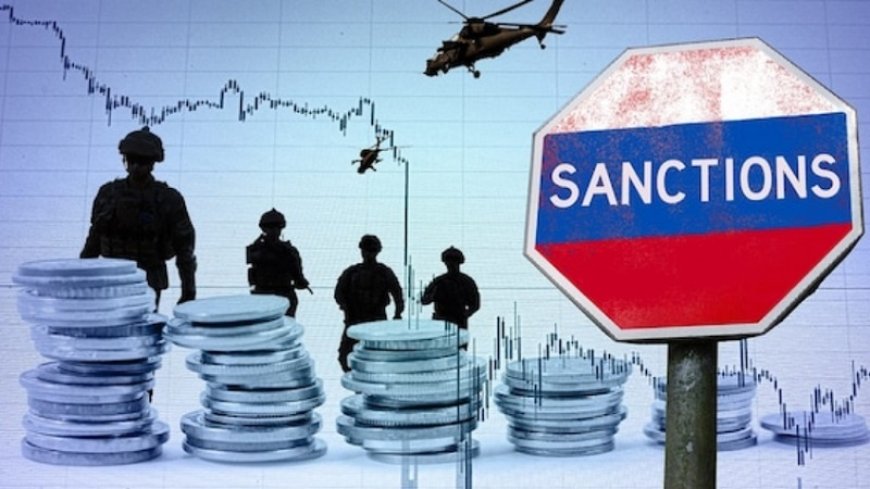EU, no agreement between ambassadors on new sanctions against Moscow

EU ambassadors failed to agree on tenth package of sanctions against Moscow. This was reported by Politico on the basis of documents at his disposal. "One of the controversial points remains synthetic rubber, against which the Commission wants to impose sanctions," reads the publication. Italy and Germany are skeptical of the idea of limiting the import of this material from Russia, while Poland supports such a measure, the authors point out.
As reported yesterday by the head of the EC Ursula von der Leyen, the new restrictions should concern electronics, special vehicles, spare parts, "dual-use" goods. The head of European diplomacy Josep Borrell added that "about a hundred individuals and organizations, including media and journalists, military and politicians will fall under personal sanctions". European Commission Executive Vice-President Valdis Dombrovskis said on Tuesday that the tenth sanctions package "will include measures to combat the circumvention of restrictions".
The draft restrictions were also examined by Bloomberg, according to which the European Union could introduce restrictive measures against Alfa-Bank, Rosbank, Tinkoff Bank, as well as the National Welfare Fund (Social insurance fund and reserve fund of the Federation Russian, editor's note). Since the end of February last year, the EU has approved nine packages of restrictive measures against Moscow, including financial and trade restrictions and individual sanctions. To date, personal restrictions apply to 1386 individuals and 171 organizations.













































